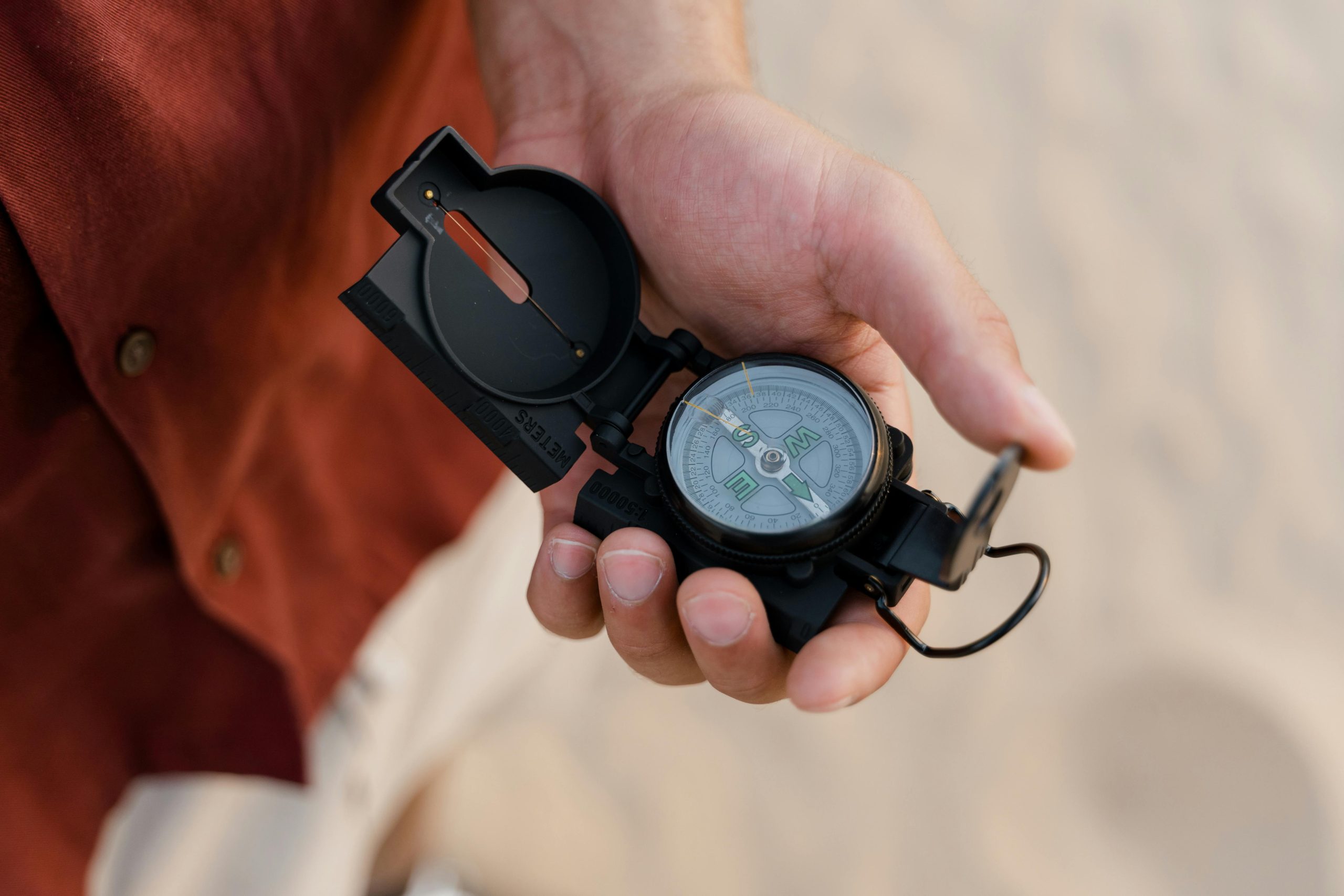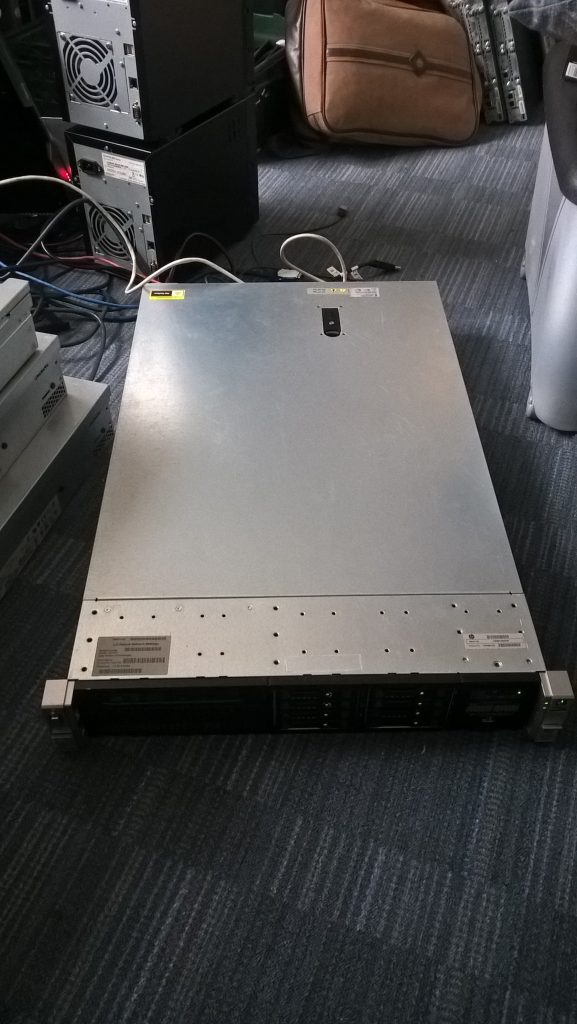The Hidden Costs of Electronic Recycling: A Surprising Reality
Recently, I discovered an unexpected truth about electronic recycling: it can be surprisingly costly. After years of neglect, I finally decided to do something about my old Samsung television, which has been collecting dust in my garage for over a decade. Despite being 11 years old and only displaying at 720p with a refresh rate of 60Hz, I held onto the TV with hopes of having it repaired after a malfunction appeared five years ago. However, with newer models now available at reasonable prices, my resolve to fix it diminished.
I felt uneasy about simply tossing the TV in the trash. It still functions—albeit intermittently—and remains in good condition. My intention was to recycle it responsibly. As part of my spring cleaning routine, I unearthed other outdated electronics, such as a vintage printer/fax machine from 1998, a Jack LaLanne juicer, and a Compaq Presario from 2001. Each of these items still worked to some extent, making it difficult for me to justify their disposal.
Consequently, I turned to the internet to locate a local electronic recycling facility. Upon loading my vehicle with the items, I headed to the center, motivated to do my part for the environment. However, my enthusiasm quickly waned upon arrival when I was met with unexpected fees.
To my astonishment, the cost to recycle my television was $50, $10 for the printer, and $20 for the computer. To say I was taken aback would be an understatement. Here I was, trying to do the right thing and instead of receiving appreciation, I was being asked to pay for the privilege of recycling.
This experience raised significant questions about the philosophy behind recycling practices. Unlike charitable contributions or community volunteering—efforts typically rewarded with a sense of fulfillment or tax benefits—recycling often seems to penalize the individual trying to make a positive impact. Instead of fees, it appears more logical that recyclers should receive incentives, similar to how pawn shops operate. After all, the recycled electronics contain valuable components that can be repurposed.
In light of my experience, I couldn’t help but think that recycling should come with benefits for those doing the right thing. Just as hybrid car owners benefit from tax deductions, recyclers should also reap rewards rather than incur costs. After evaluating the situation, I opted to bring my electronics back home. Why should I spend $100 to give
Share this content:



